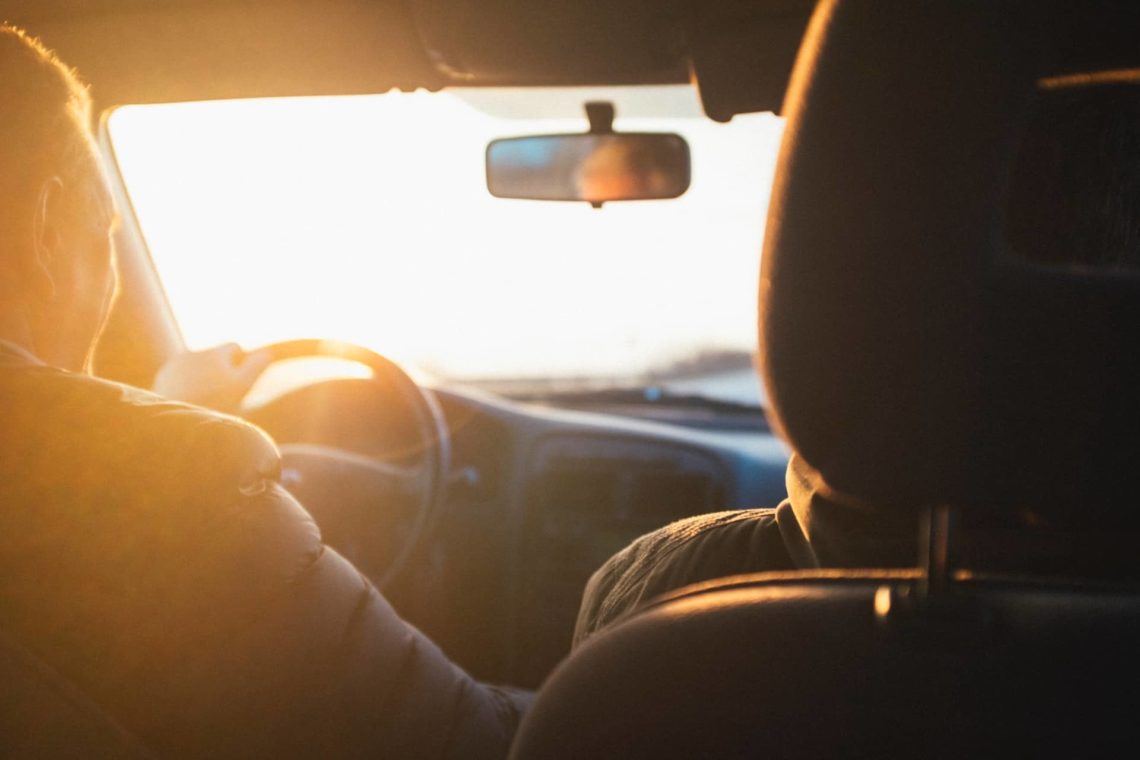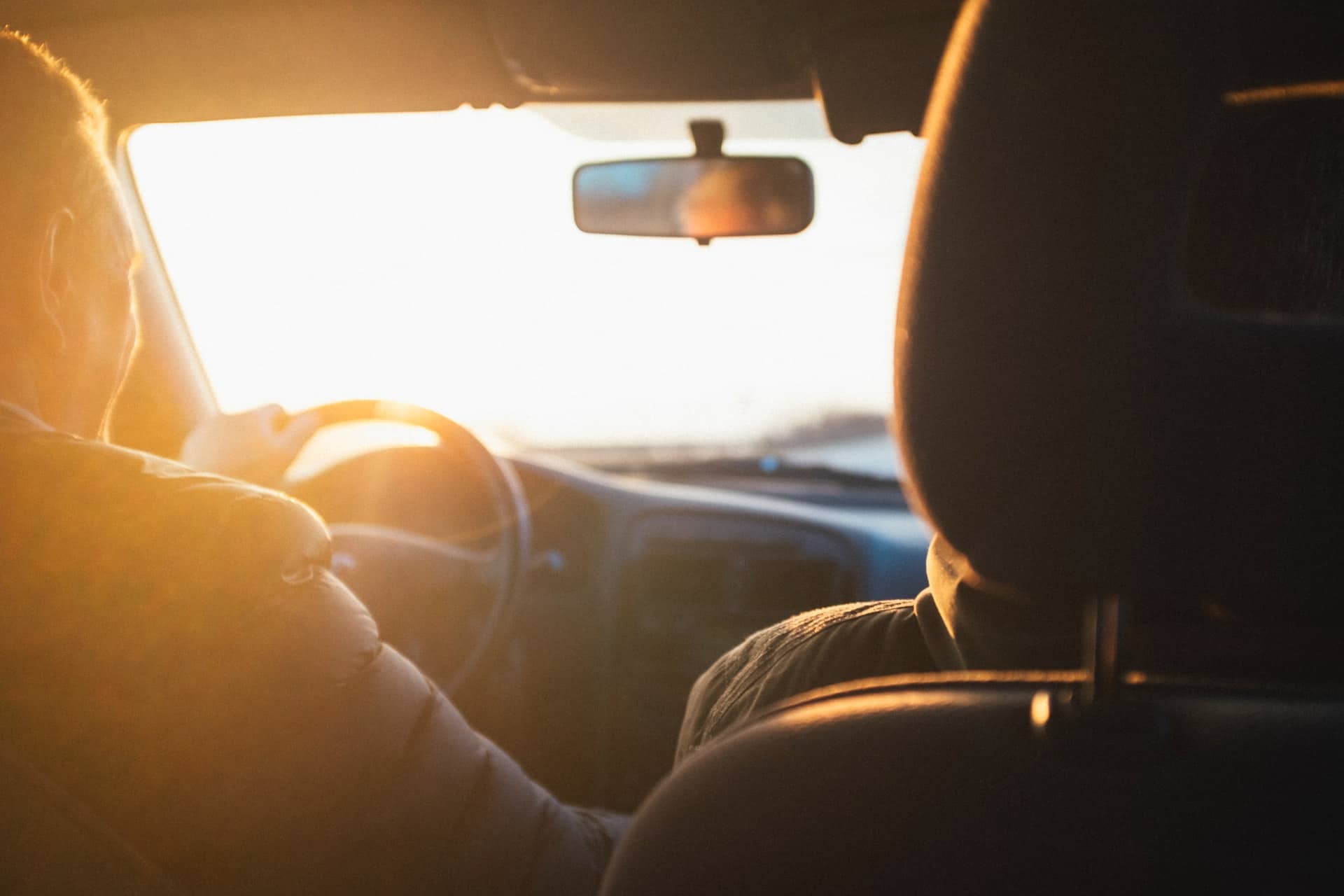
The odds of getting involved in a driving accident are higher during periods when there are a lot of cars on the road, such as rush hour, orwhen the driving conditions aren’t favorable, such as during inclement weather periods. But when the number of drunk drivers rises, the odds shoot up since alcohol can impair a driver’s judgment. So what are the riskiest times to drive for DWI-related crashes?
According to the AAA Foundation for Traffic Safety, approximately 31% of deadly drunk driving accidents take place on the weekends, and the time when there’s the highest number of drunk drivers on the road is the period between midnight and 3 am. Moreover, fatal crashes are four times higher at night than during the day.
That said, you can minimize the risk of getting involved in DWI-related accidents by avoiding drunk driving or at the very least carrying a breathalyzer to gauge your alcohol intoxication level to determine whether you’re fit to drive.
Which Demographic Drinks and Drives Most?
People who drive while intoxicated endanger everyone on the road. There’s a specific demographic that is more likely to be involved in DUI-related incidents than others. Here are some statistics that attest to that:
- Men were responsible for 81% (4 in 5) episodes of DUIs in 2010
- Despite men aged 21-34 making up only 11% of the U.S adult population in 2010, they were responsible for 32% of all DUI episodes
- 85% of DUI episodes were reported by people who also reported binge drinking. Binge drinking involves 5 or more drinks for men or 4 or more drinks for women during a short period.
- 5.8% of teens aged 16 and 17 and 15.1% of those aged 18-21 reported DUIs in 2010
Best Practices for Safely Navigating the Riskiest Times to Drive
A driving while intoxicated accident can be life-changing in many ways. Besides the harm you may cause to yourself and other road users, you risk being convicted and facing heavy penalties.
The exact cost of a first DWI conviction widely varies. Of course, it depends on the state, the circumstances, the defense attorney, the judge, and many other factors.
Generally, criminal penalties in the state of Texas are as follows:
- First offense: Up to $2,000
- Second offense: Up to $4,000
- Third offense: Up to $10,000
- DWI with a child passenger: Up to $10,000
There are also other expenses, such as insurance, whose rates tend to increase after a DWI conviction. And not all expenses are monetary; there may also be an inconvenience, embarrassment, time spent in “DWI School,” time spent in jail, and so on.
With that in mind, if you choose to drink, ensure that you keep your blood alcohol level (BAC) low. Here are some tips that can help you do that.
- The standard alcoholic drinks like beer, spirits, and wine contain an equal amount of pure alcohol, which is 0.6 of an ounce to be specific. As such, they’ll produce a similar result when you test your BAC with a breathalyzer.
- Use a personal breath tester. However, you should keep in mind that they are less reliable than those used by the police.
- Keep in mind that breathalyzers aren’t 100% reliable. So ensure that your BAC is far below the maximum legal limit.
- Remember that your BAC will continue to rise after you stop drinking. Ensure that you take that into consideration.
- Your blood alcohol level will drop by approximately 0.15 per hour after it peaks. Therefore, a BAC of 0.6 takes about 4 hours to drop to .00. Remember that your body also produces alcohol 24/7.
- Suppose you are at a gathering, don’t be in a hurry to start drinking.
- Pace yourself. A rule of thumb is that drinking not more than one drink every hour helps keep your BAC low.
- Nibble on food during the period you are drinking.
- Have non-alcoholic drinks in between the alcoholic ones.
- Don’t gulp your drink. Instead, sip and savor it.
- Exercise caution when taking punches and avoid drinks in unusually shaped or sized containers. This is because it is difficult to determine the amount of alcohol they contain. Therefore, it’s difficult to pace them.
- Avoid playing drinking games.
- Even when your BAC is within the legal limits, you may still be charged with a DUI/DWI. So, avoid getting pulled over. Ensure that your car is in good working order and that you obey all the traffic rules – don’t make rolling stops, signal when changing lanes, etc. And suppose you are pulled over, be polite.
- One way of avoiding a DWI/DUI is not drinking. Another is appointing a designated driver when you go out for drinks.
The above tips can help you avoid a DUI/DWI and the expenses and headaches that come with it.
Facing a DWI in Texas?
Avoid the risk of a conviction, jail time, a ruined reputation, and more by seeking legal counsel when facing a DWI in Texas. There is too much at stake to DIY. The attorneys at Stephen Bowling, DWI & Criminal Defense Attorneys will fight for you. We care about our clients and are here to help guide you through the process. Don’t do this on your own! Schedule a Free Consultation today with an experienced DWI lawyer.

